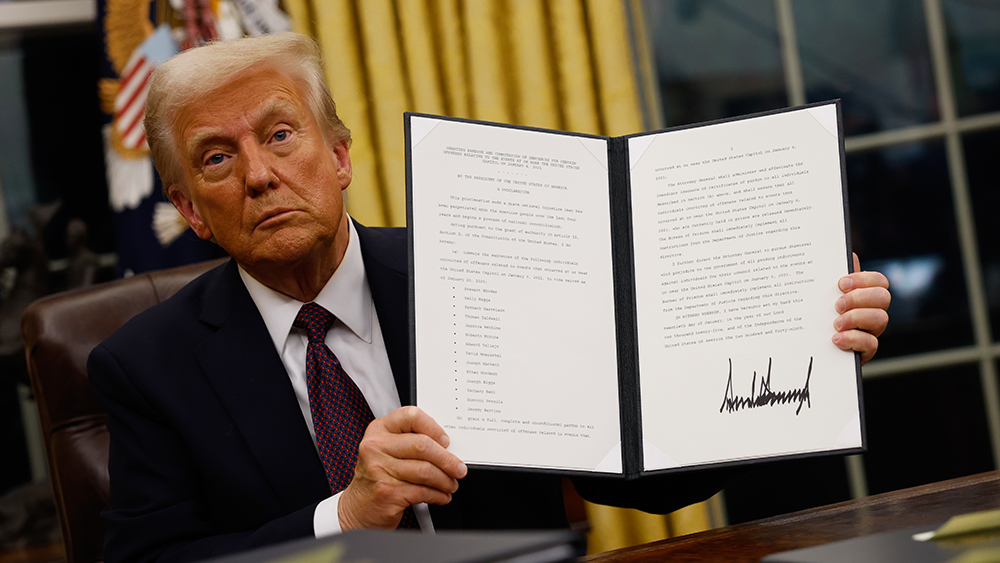
The U.S. House of Representatives has overwhelmingly approved a trio of sanction bills against Iran following the country's retaliatory attack on Israel over the weekend.
The approvals came after the House reshuffled its legislative schedule to accommodate the votes. House Majority Leader Steve Scalise said: "In light of Iran's unjustified attack on Israel, the House will move from its previously announced legislative schedule next week to instead consider legislation that supports our ally Israel and holds Iran and its terrorist proxies accountable.”
All three of the bills were approved using a procedural mechanism that requires 2/3 support among legislators in order to advance legislation more quickly.
The first, HR 6408, is aimed at changing the Internal Revenue Code to “terminate the tax exempt status of terrorist-supporting organizations.” This passed with a vote of 382 to 11. The second bill, HR 5923, also known as the Iran China Energy Sanctions act, passed in a vote of 383 to 11. The third bill passed yesterday was HR 5921, known as the No U.S. Financing for Iran Act. It passed with a 294 to 105 margin.
Votes on HR 6245, the Holding Iranian Leaders Accountable Act, and HR 6015, the Iran Sanctions Accountability Act, are expected soon.
Financial sanctions against Iran expected to be announced soon
Meanwhile, Treasury Secretary Janet Yellen is preparing sanctions against Iran as well. She has promised the U.S. will inflict economic punishment against the country following its attack on Israel, even as President Biden urges Israeli Prime Minister Benjamin Netanyahu to use military restraint.
The Biden administration's financial approach to retaliation against Iran is being interpreted as a subtle message to Israel that military action may not be the answer, but financial sanctions could be an effective way of punishing the country's ruling regime.
Yellen is expected to push fellow finance ministers who are attending yearly spring IMF meetings in Washington, D.C. this week to work with the U.S. on coordinating potential sanctions against Iran.
A copy of the opening remarks she intends to make at a press conference that were obtained in advance by Axios, indicate that she is expected to say: “Treasury will not hesitate to work with our allies to use our sanctions authority to continue disrupting the Iranian regime’s malign and destabilizing activity.”
She will go on to add: “The attack by Iran and its proxies underscores the importance of Treasury's work to use our economic tools to counter Iran's malign activity."
Meanwhile, White House National Security Spokesman John Kirby said that the G7 is also considering issuing sanctions against Iran in order to isolate it on the international stage and raise the economic pressure on the regime.
It comes after Iran launched hundreds of missiles and drones toward Israel over the weekend, nearly all of which were intercepted before they reached Israel. The attack was in response to a suspected Israeli attack that killed a senior Islamic Revolution Guards Corps official and several other senior officials.
America sanctioning Iran for self-defense but refuses to sanction Israel for killing Palestinians
Although the U.S. has been rather quick to sanction Iran for what was essentially a retaliatory action that did not end up killing anybody, they have been far less willing to sanction Israel for its genocidal war in Gaza that has a death toll of at least 33,000 Palestinians.
Despite growing international calls to allow more aid to flow into Gaza as the humanitarian crisis deepens there, few countries have imposed sanction on the Jewish State, America included. The U.S. has also vetoed multiple UN Security Council resolutions calling for a ceasefire in Gaza.
Sources for this article include:
Please contact us for more information.




















